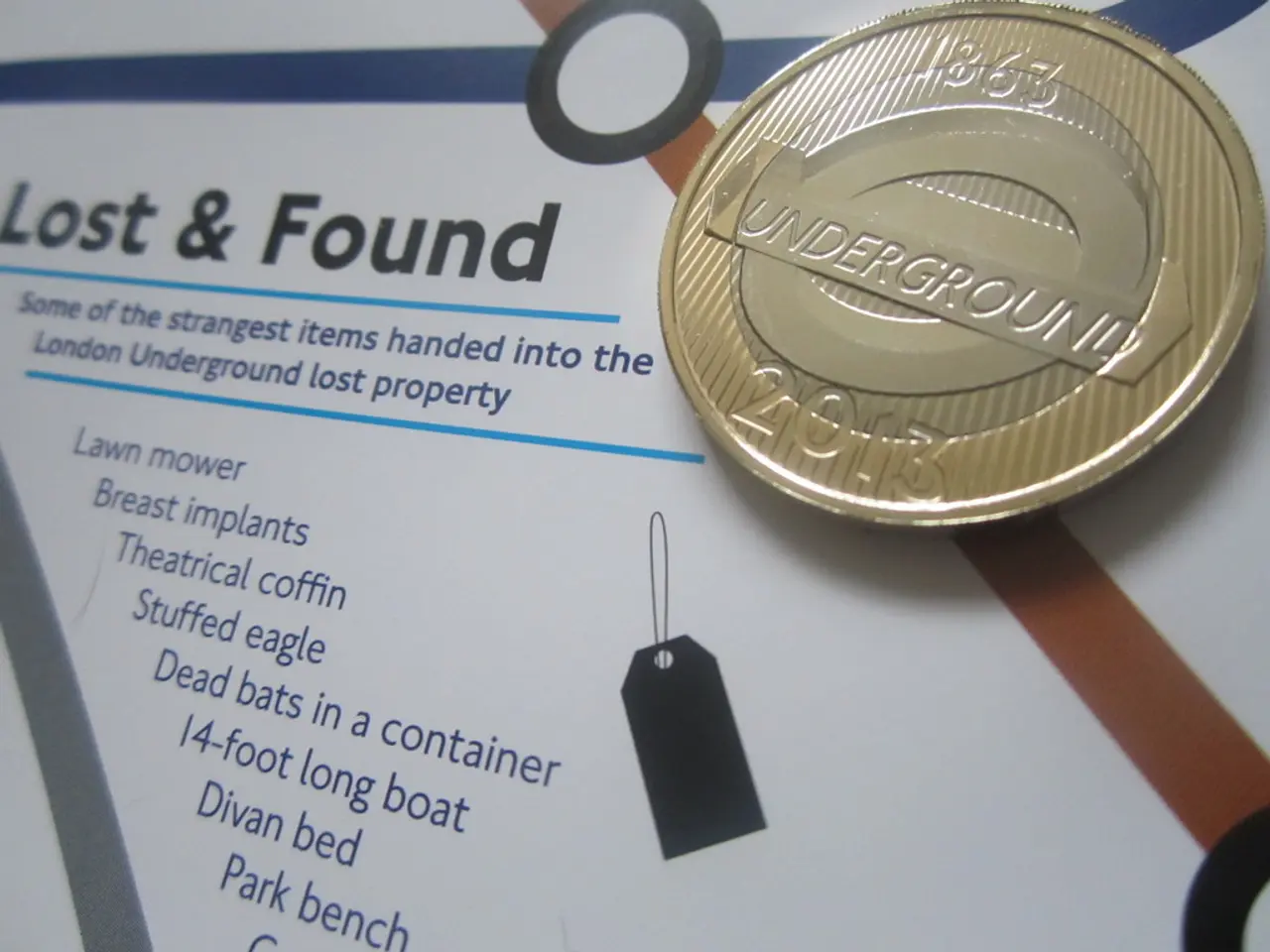Business conditions in Egypt's non-oil sector worsened more in June, as indicated by the PMI data.
The non-oil private sector in Egypt has been facing a challenging period, with business conditions contracting for the fourth consecutive month as of June 2025. The S&P Global Purchasing Managers' Index (PMI) dropped to 48.8 in June from 49.5 in May, signalling a modest deterioration in business conditions [1][2][3][4].
Key trends observed include an accelerated decline in output and new orders, driven primarily by weak client spending and stagnant local demand. This has led to firms reducing production and purchasing activity at the sharpest rate seen in nearly a year, particularly impacting manufacturers [1][3][4]. Employment levels have also fallen for five consecutive months, although job cuts remain minimal, reflecting cautious cost management rather than broad layoffs [1][3].
Business sentiment is at an all-time low, with firms showing the weakest confidence in future output on record. Concerns over subdued order books and escalating regional geopolitical risks, particularly spillovers from the Gaza conflict, are major factors undermining expectations [1][2][4].
On the inflation front, input cost inflation eased to a three-month low, and output price inflation declined sharply from its seven-month high in May, offering some relief to businesses. However, these price pressures have not been sufficient to improve overall confidence [1][3][4].
External factors negatively affecting the sector include the decline in tourism, remittances, and Suez Canal revenues, as well as intermittent disruptions in Israeli gas exports and higher freight rates, all contributing to economic uncertainty and demand weakness [4].
In summary, Egypt’s non-oil private sector is currently facing a challenging environment characterized by shrinking business activity, declining orders, weak demand, cautious employment trends, and very low confidence amid ongoing geopolitical and economic headwinds [1][2][3][4]. The decline in business conditions accelerated in output and new orders, and the slower rise in output prices in the non-oil sector offered some relief to businesses facing inflationary pressures in October. However, subdued hopes for order books in the non-oil sector were reflected in June, with confidence in the sector slipping to a record low.
- The decline in business conditions within Egypt's non-oil private sector is exacerbated by rising risk factors, such as the subdued order books and escalating regional geopolitical issues, which contribute to a weak business sentiment and low confidence in future growth.
- Amidst the challenging business environment, inflationary pressures remain a concern for the sector, albeit eased slightly with a three-month low in input cost inflation and a sharp decline in output price inflation.
- The non-oil private industry, struggling with stagnant demand and a contraction in output and new orders, must navigate various financial challenges, including the impact of diminishing tourism, remittances, and Suez Canal revenues, as well as higher freight rates and intermittent disruptions in Israeli gas exports, all contributing to overall economic uncertainty and sluggish growth.




